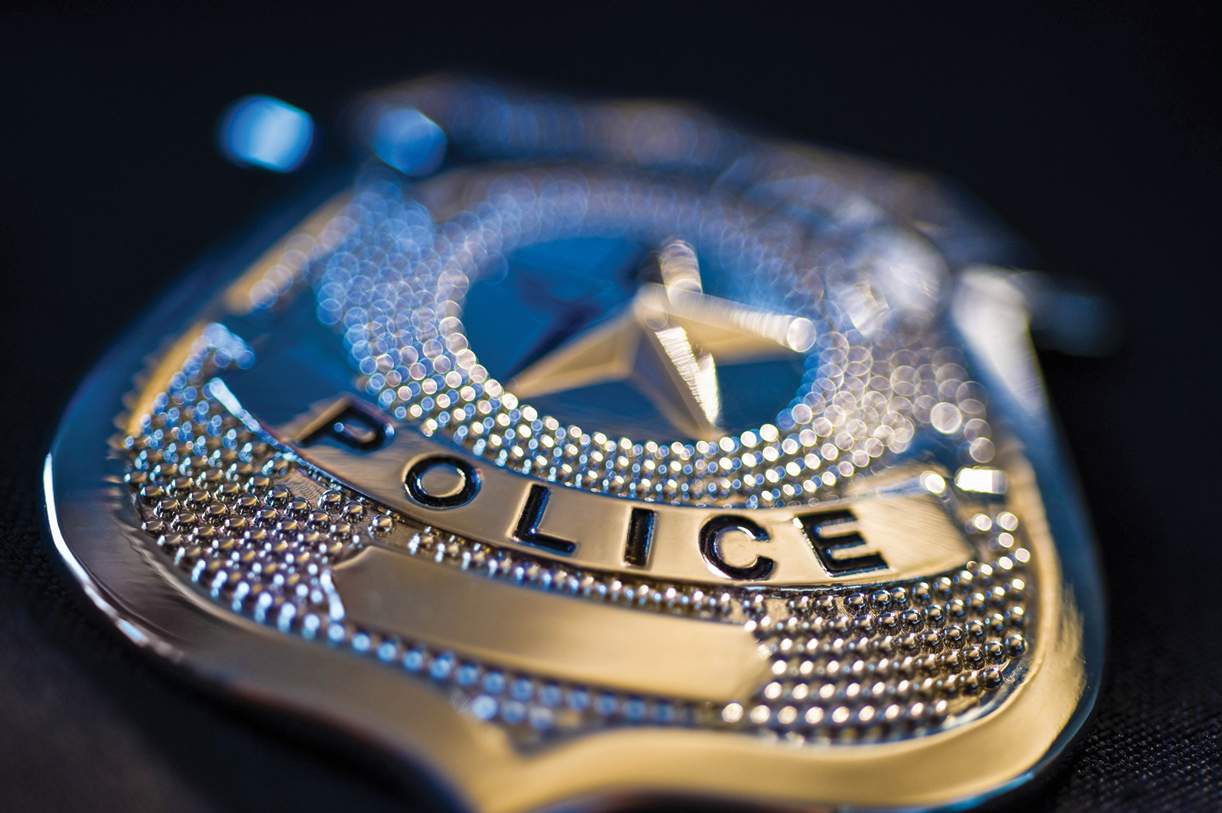Gov. Phil Murphy has signed two pieces of legislation into law (S-1163 and A-4312) which concern the use of body worn cameras by members of law enforcement.
Murphy also signed Executive Order No. 201, which establishes a 14-member interagency working group to provide recommendations to the Governor’s Office and Attorney General regarding technology solutions to facilitate the statewide implementation of body worn cameras in law enforcement agencies, according to a Nov. 24 press release from the Governor’s Office.
The working group will work to identify barriers to adopting body worn cameras and recommend technology solutions to facilitate their implementation.
“We have made it clear that New Jersey will be second to none in enacting vital reforms to promote transparency and boost public confidence in law enforcement,” Murphy said.
“Body worn cameras are a wise all-around investment in public safety that not only redoubles our commitment to transparency and accountability, but also ensures that members of law enforcement are equipped with an important tool to help them carry out their sworn duties.
“Today represents another step down what we know is a long road to full understanding and lasting trust between law enforcement and the communities they serve,” Murphy said.
“We are in the midst of a national reckoning on racial justice, which has highlighted a lack of trust between law enforcement and many of the communities we serve,” New Jersey Attorney General Gurbir S. Grewal said.
“Since day one, we have been committed to rebuilding and strengthening that trust, and we know that body worn cameras are an important tool in those efforts. They encourage professionalism, promote better interactions between police and the public, and have been universally welcomed by agencies across our state.
“Today, we not only take an important step toward the uniform, statewide use of body worn cameras, but also toward making New Jersey a national leader on yet another set of policing policies and best practices. I thank the Governor and the Legislature for their leadership and support in these efforts,” Grewal said.
“Today is a great day for New Jersey law enforcement and the communities we serve. The statewide implementation of body worn cameras represents an important step in strengthening the bonds of trust between police departments and communities while fostering greater transparency and accountability,” said Col. Patrick J. Callahan, superintendent of the New Jersey State Police.
“The New Jersey State Police has learned that recording interactions with the public from patrol vehicles for the last two decades has been a valuable asset in protecting both our citizens and our troopers alike. The addition of body worn camera technology is yet another layer of protection for our men and women in law enforcement and the communities they serve,” Callahan said.
“This bill will ensure transparency for both the public and our law enforcement members,” said Pat Colligan, president, New Jersey State Police Benevolent Association. “It will enhance officer safety and help us continue the extraordinarily high level of service we continue to provide the residents of our state.”
S-1163 requires every uniformed state, county and municipal patrol law enforcement officer to wear a body worn camera, subject to funding appropriated by the Legislature.
Exceptions are permitted for officers engaged in undercover assignments, meeting with confidential informants, performing administrative or non-uniformed duties, and when directed by a superior officer for a lawful purpose, according to the press release.
A-4312 regulates the use of body worn cameras by law enforcement officers. Under the bill, officers would be required to keep the camera activated when responding to a call for service or when initiating a law enforcement or investigative encounter.
When immediate activation of the camera is impossible or dangerous, an officer would be required to activate the camera at the first reasonable opportunity to do so.
Officers would be required to notify subjects the camera is activated and, under certain conditions, may deactivate a camera upon the subject’s request.
To protect the privacy of civilians in sensitive situations, the bill limits the use of body worn cameras while officers are on school property, in medical facilities and in houses of worship, according to the press release.

